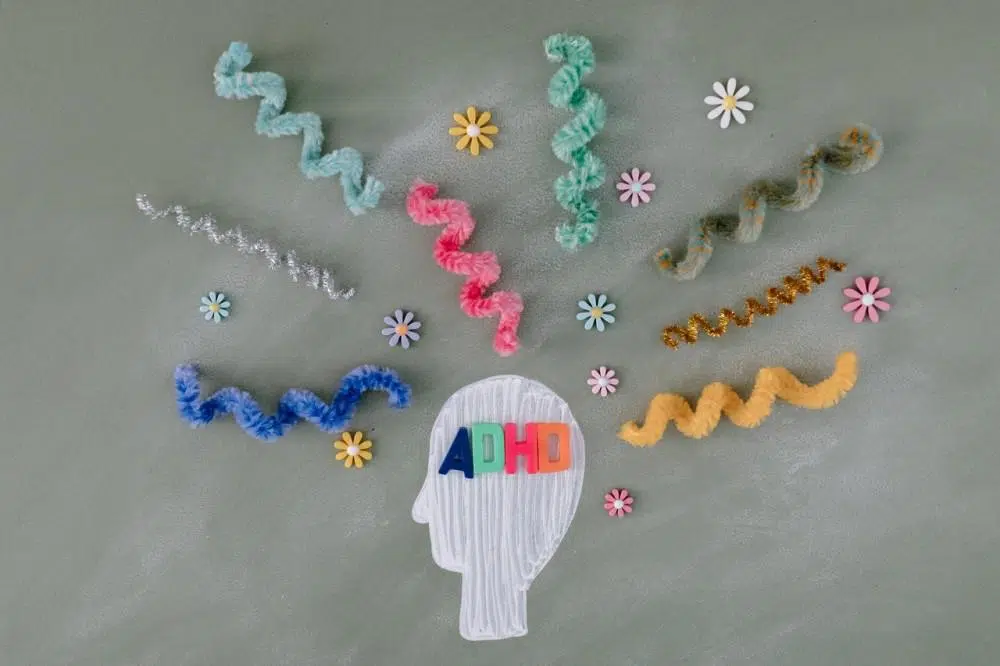Blog

What to Know About Fear of Flying (Aerophobia)
Traveling is exciting for many of us. It allows us to enjoy a change in scenery and indulge in new experiences. However, some people experience fear and anxiety when it comes to traveling by air. There are uncomfortable aspects of flying, such as turbulence, crowded spaces, and other physical sensations one might encounter during flight.

5 Warning Signs That You May Have Adult ADHD
Attention-Deficit Hyperactivity Disorder, more commonly known as ADHD, is usually diagnosed in kids. Because of this, adults have a misconception that they can’t have ADHD now that they are older.

For Couples: How to Put the Sex Back in Your Sex Life
At some point in your relationship, you’re bound to hit a sexual rut. This is usually around a year-or-so down the line. And sometimes, it’s nothing more than a bump in the road, but if it goes on for too long, it can become a problem in the relation

Out of the Closet- The 6-Stage Model of Coming Out
Every gay person’s coming-out story is going to be different from the rest. But it is a process of understanding, accepting, and valuing your sexual orientation and identity. Coming out can be a gradual process or something very sudden.

Tips for a Productive Financial Discussion with Your Partner
One of the most common sticking points in any relationship is money. It doesn’t matter whether you’re married, dating, or just starting. This aspect of your life is an essential part of any relationship, but no one wants to talk about it.

Why Emotional Cheating Can be Just as Harmful as Physical Affairs
Cheating is a sore subject for some. People who have been cheated on tend to hold emotional scars and psychological trauma caused by their partner’s infidelity. Cheating not only breaks the trust in a relationship, but it can also cause trust issues in those that have been cheated on, preventing them from forming long-lasting bonds even after the relationship has ended.

How to Reach Peak Performance in Any Profession
Having the drive to work on your skills continuously and learn something new will get you far in life, allowing you to perform well regardless of your profession.

Easy Ways to Improve Your Attention and Focus without Drugs
With so many things happening today, it is only natural that people sometimes lose their focus. Working or studying from home does not always work well because the environment itself is meant for relaxing, not working or studying.

Battling Depression: 5 Proven Ways to Keep the Blues at Bay
Depression is a silent but deadly battle that many of us face each day. According to the Anxiety & Depression Association of America (ADAA), major depressive disorder affects more than 16.1 million adults in the US alone. It’s a debilitating condition that affects many aspects of a person’s life, such as work, school, relationships, and even everyday functioning. It can also lead to a host of mental and physical problems.

The Art of Arguing Fairly: Tips from Therapists
Any couple that tells you they don’t fight is lying. All couples fight – some more frequently than others, but all do. It’s a natural part of being in a relationship where there are two people with different qualities and beliefs. But if you’ve been fighting more often than you used to, you might wonder whether it’s time to find a therapist who can help you.

How to Manage Your Anxiety Effectively
Often, people experiencing different feelings and mental problems involving anxiety and depression, and other negative emotions do not require a diagnosis before seeing a therapist. If you have a past trauma, a phobia, or you’re feeling worried about life, and you don’t think you can handle it on your own anymore, you can seek professional help.

Are You Struggling with Financial Disagreements with Your Partner? Try Couples Therapy
Money. We all need it, but some of us spend too much of our time worrying or fighting about it. If your relationship with your partner is taking a turn for the worse because of financial disagreements, it’s time to try couples therapy.

The Benefits of Online Video Therapy
Professional therapy gives you an opportunity to explore your thoughts and learn how to communicate with others openly and honestly. These skills can enhance your life, your relationships with others, and your relationship with yourself.

How to Manage Your Stress So It Doesn’t Take a Toll on Your Health
Stress is a natural and even healthy human response. However, too much stress can have an adverse reaction on your existing and long-term health.

7 Conditions that Respond Well to Neurofeedback Therapy
If you take medications for anxiety or depression and they don’t work well for you, it can be frustrating and may even do more harm than good.

Help! I’m Afraid to Fly
If you’re afraid to fly, you might feel like you’re missing out on adventures or career opportunities because of your travel limitations. The good news is that with the right help, you can overcome your fear of flying and enjoy the long-term benefits of addressing your phobia head-on.
